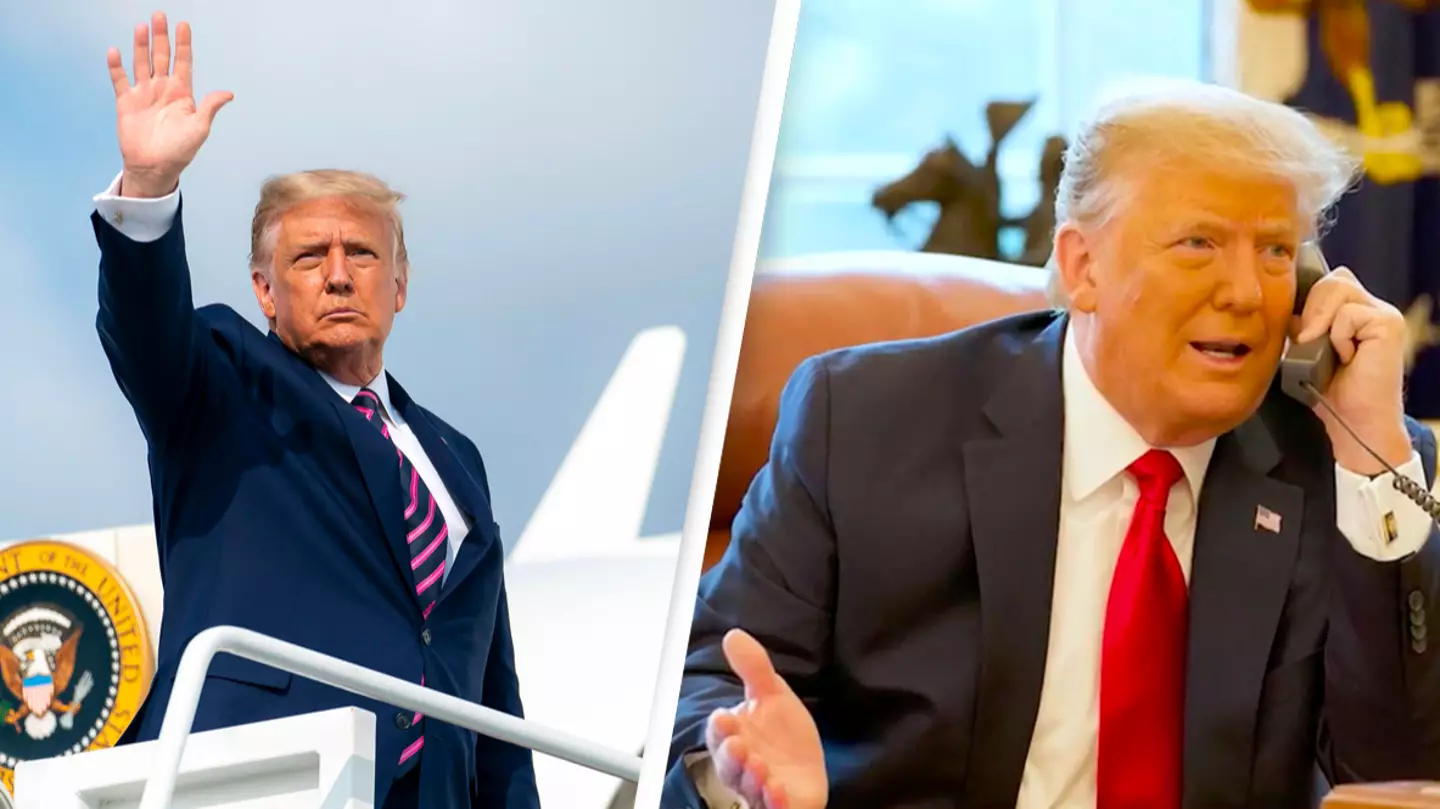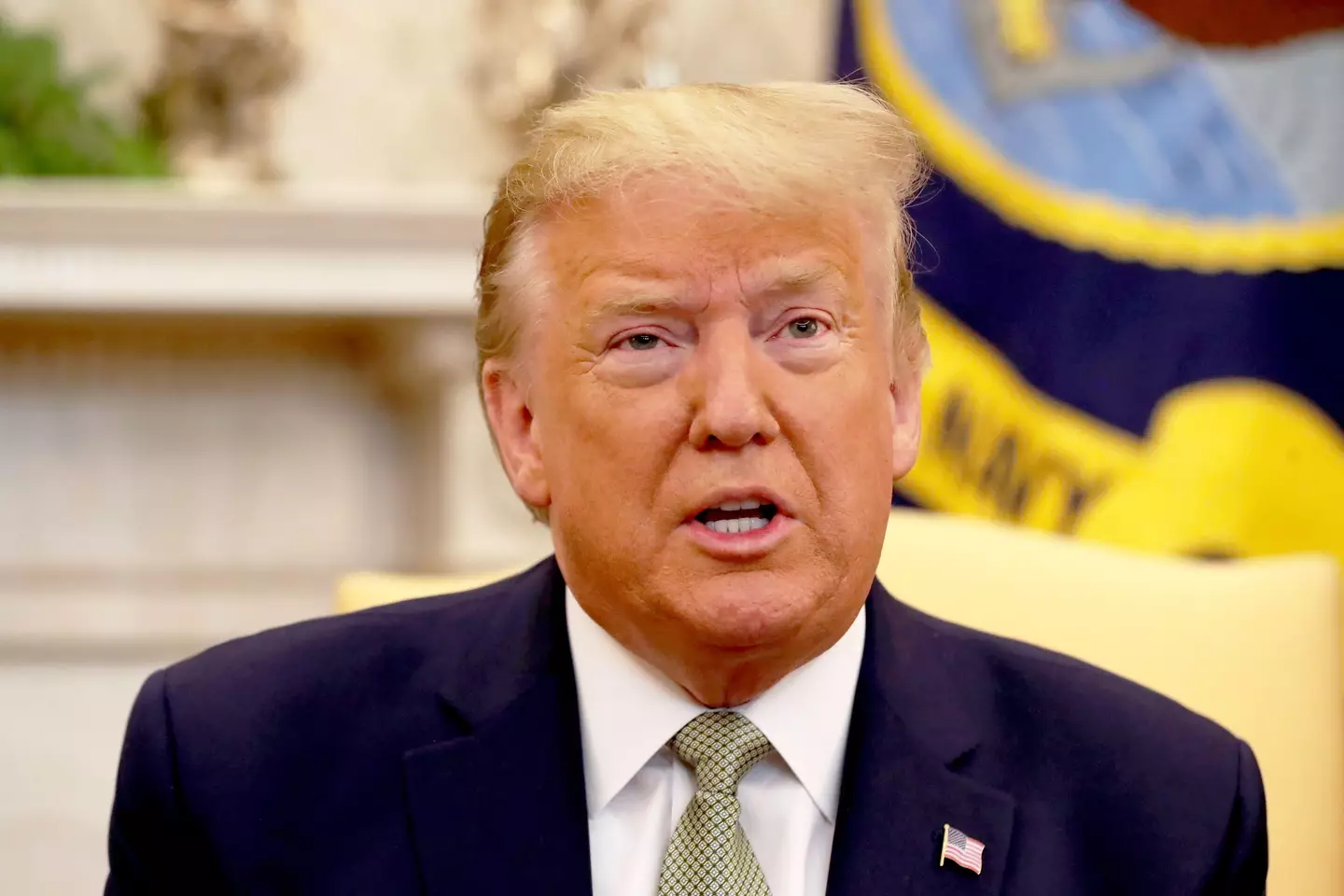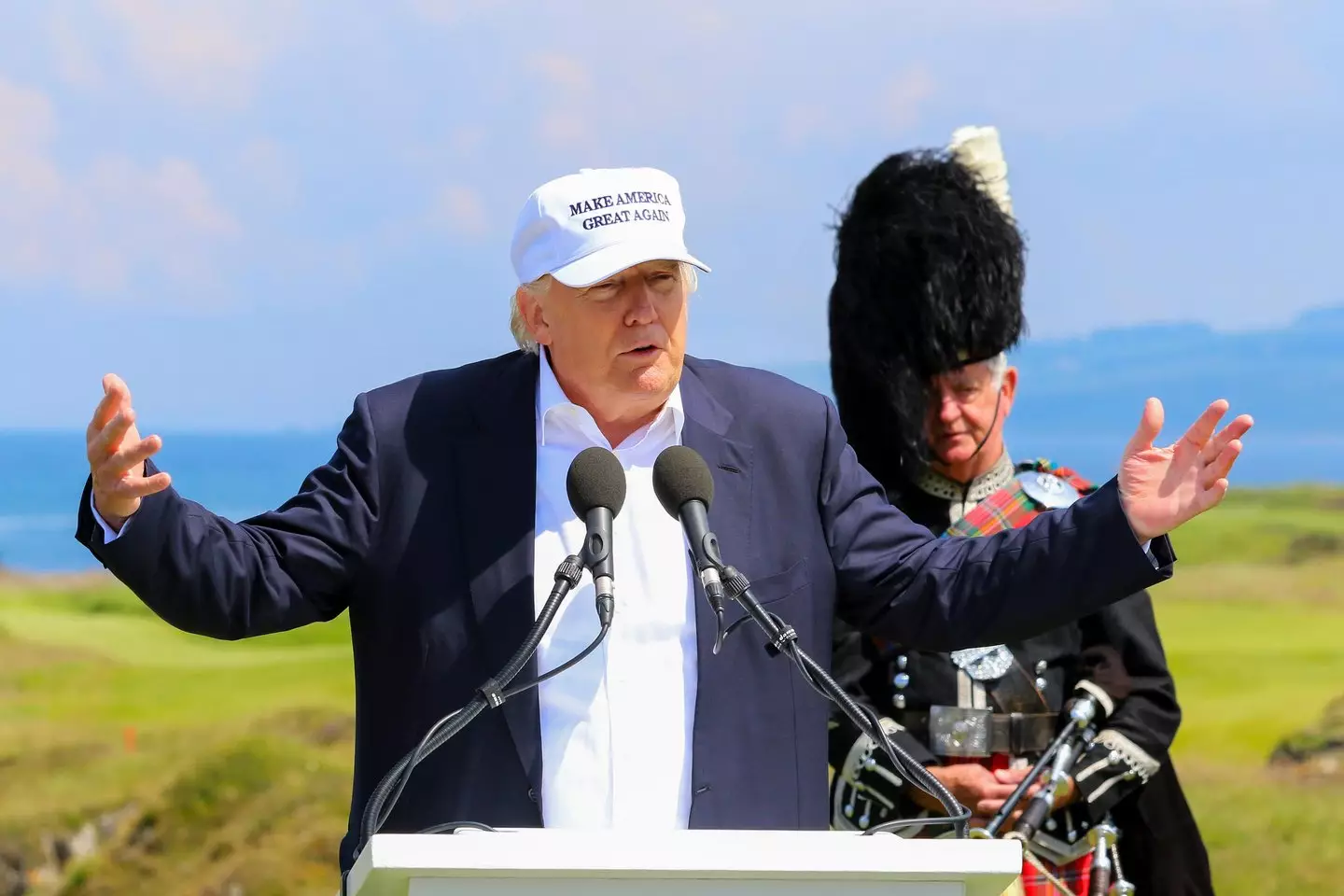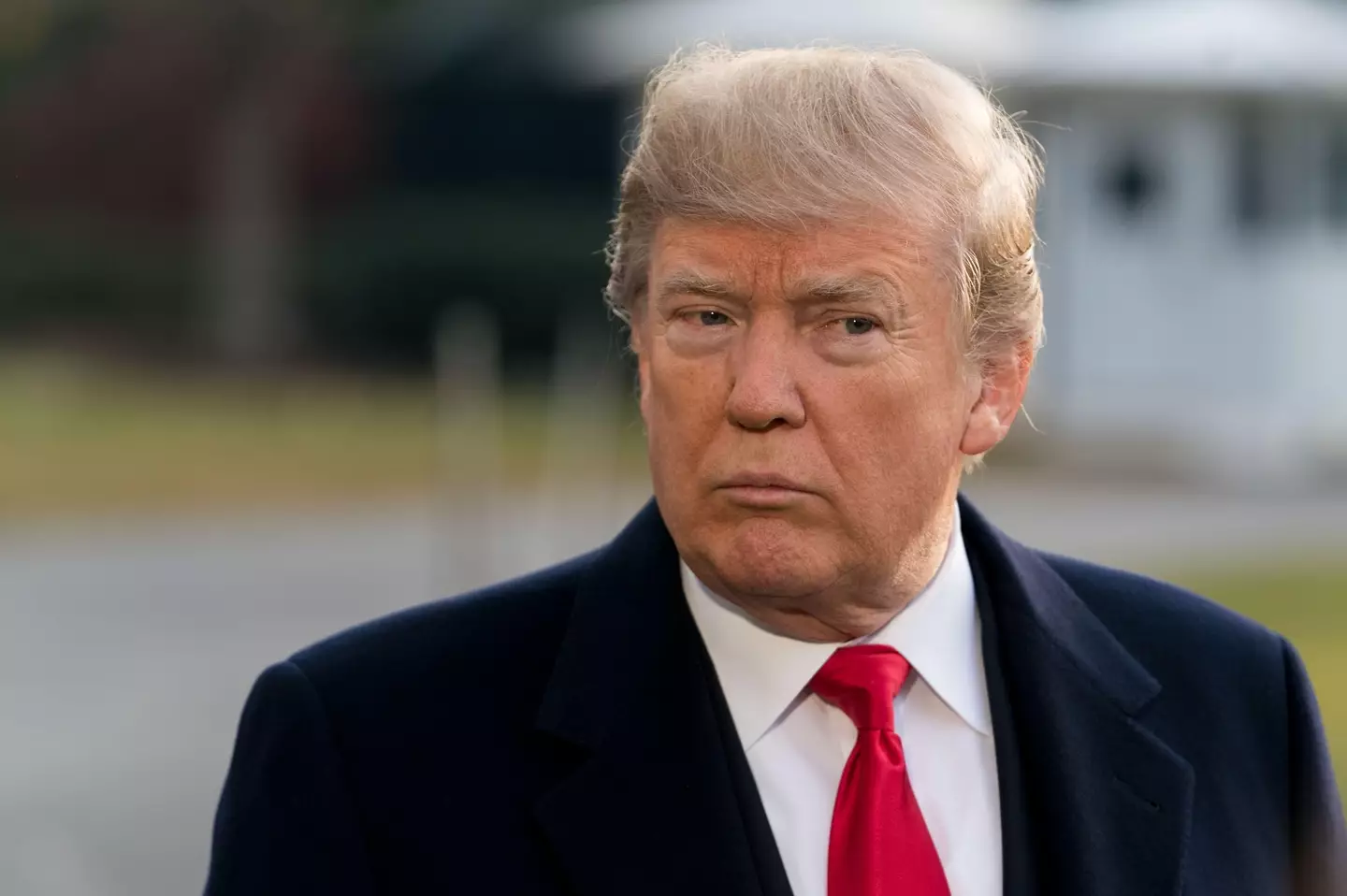
Donald Trump has claimed that FBI agents 'stole' his passports - which could put a potential trip to the UK in jeopardy.
Last Monday (8 August), the former president's Mar-a-Lago estate in Florida was searched as part of an ongoing Justice Department investigation into the discovery of classified White House records recovered from Trump's home earlier this year.
The National Archives had asked the department to investigate after saying 15 boxes of records it retrieved from the estate included classified records.

Advert
Trump described it as a 'witch-hunt', and in a post on his Truth Social platform, he wrote: "Wow! In the raid by the FBI of Mar-a-Lago, they stole my three Passports (one expired), along with everything else.
"This is an assault on a political opponent at a level never seen before in our Country. Third World!"
Trump's office had not announced any upcoming trips to the UK; however, the Sunday Mail reported - as per The Times - that he was to visit his golf retreats Trump Turnberry and Trump International Scotland in Aberdeen for a week, starting on 21 August.
The visit would be the 76-year-old's first trip outside the US since leaving office.

A Justice Department official acknowledged the passports had been taken but told NBC News yesterday (Monday 15 August) that they had since been returned.
This could represent bad news to those opposed to Trump returning to UK shores, with figures released by Metropolitan Police revealing his previous 2018 visit cost almost £3.5 million to police.
Colin Smyth, Labour MSP for South Scotland, said: "I think people would prefer if he just stayed away from Scotland altogether.
"Trump has been an absentee owner since he bought Turnberry and with huge losses year on year, the Trump Organisation has been as big a failure at running the resort as Trump was as president.
"But that's not an excuse for landing the taxpayer with any bills for a visit. He should be picking up the bill for these trips."
Meanwhile, in the US, the Justice Department has rebuffed efforts to make public the affidavit supporting the search warrant for Trump's estate.
They said the investigation 'implicates highly classified material' and the document contains sensitive information about witnesses.

The government's opposition came in response to court filings by several news organisations seeking to unseal the underlying affidavit the Justice Department submitted when it asked for the warrant.
The document, the prosecutors say, details 'highly sensitive information about witnesses', including people who have been interviewed by the government, and contains confidential grand jury information.
A property receipt unsealed on Friday (12 August) showed the FBI seized 11 sets of classified documents, with some not only marked top secret but also 'sensitive compartmented information' - a special category meant to protect the nation's most important secrets, that if revealed publicly could cause 'exceptionally grave' damage to US interests.
The court records did not provide specific details about information the documents might contain.
The search warrant, also unsealed on Friday, said federal agents were investigating potential violations of three different federal laws, including one that governs gathering, transmitting or losing defence information under the Espionage Act.
The other statutes address the concealment, mutilation or removal of records and the destruction, alteration or falsification of records in federal investigations.
If you have a story you want to tell, send it to UNILAD via [email protected]
Topics: US News, Donald Trump, Politics, Travel, UK News